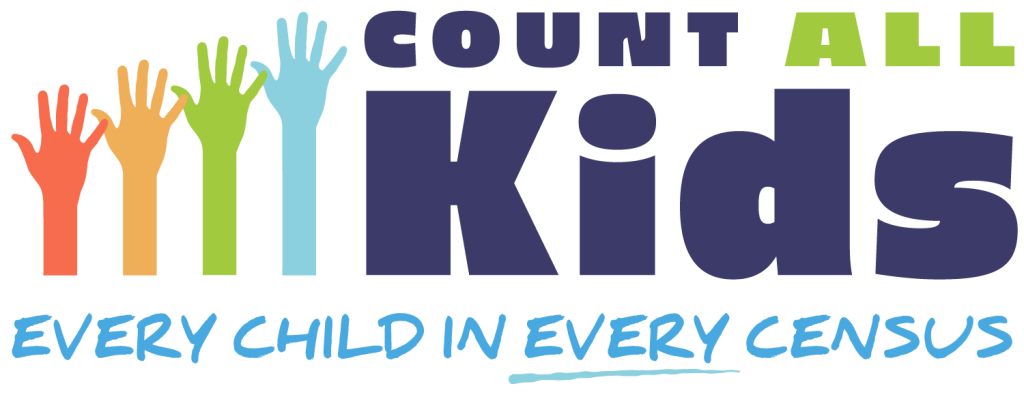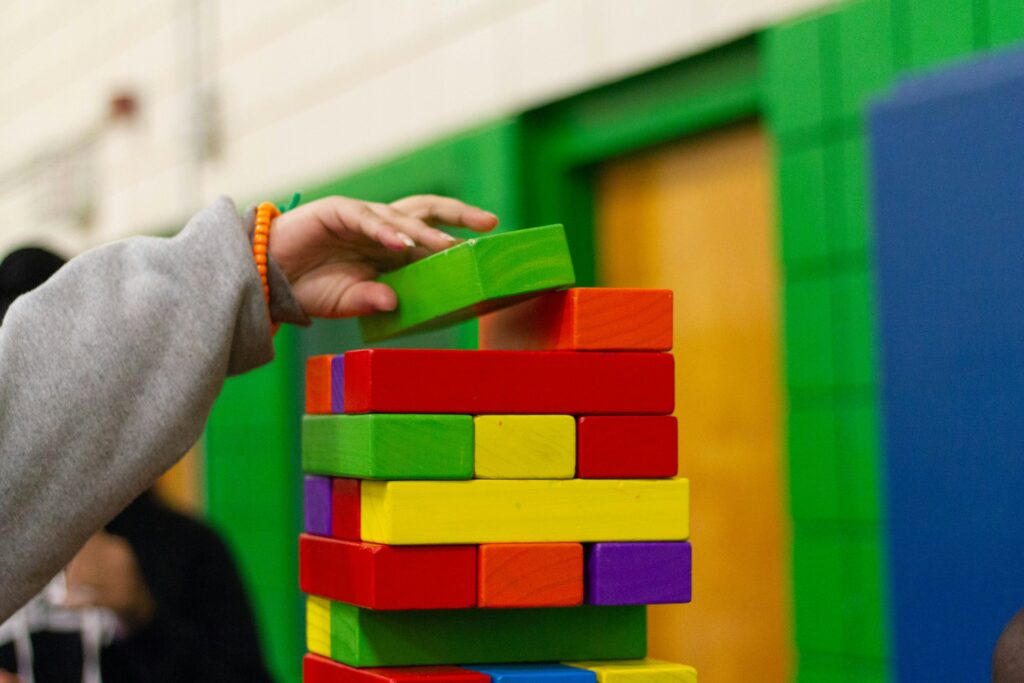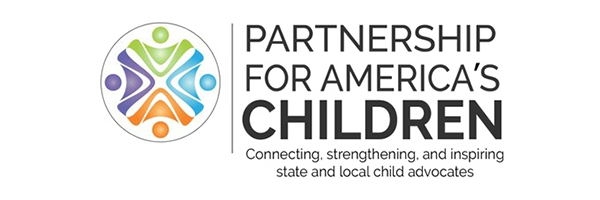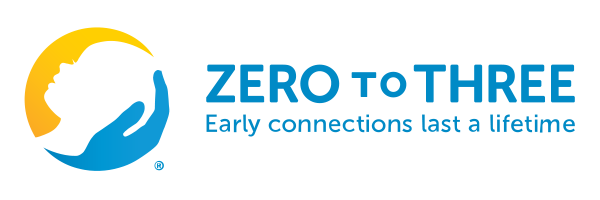Many of you reading this worked hard with us to improve the count of young children in the 2020 Census. We all worked on it because we know that when kids are counted, their communities have more political power, more funding for programs that matter for kids, and better data to manage government programs. We were particularly concerned about improving the data that is used to allocate federal funds for many programs focused on children.
Sadly, despite all our efforts, the count of young children was even worse in 2020 than in 2010. This is not surprising; the pandemic made the census extremely difficult, and the unsuccessful effort to add a citizenship question clearly depressed the count of Hispanic communities. I, for one, believe that our efforts made an important difference and that the count of young children would have been even worse without us. So thank you for all your hard work.
While the 2020 census is over, we can’t wait until 2030 to work on this again. We need to keep working on improving how the Bureau collects and reports data on young children. It won’t take a lot of your time, but it does mean that we all need to be aware of what is happening and that from time to time we may ask you for your advice, experience, or voice.
- Dr. Bill O’Hare, who has contributed a significant number of studies regarding the undercount of children, will be releasing a series of new research over the next few months. Although the reports will have technical content, each will give a broader context for why child advocates should be aware of the information as well as any action items that coincide with the research.
- The Bureau is already starting to plan for the 2030 Census. We need to make sure their plans include a strong focus on counting young children. In a day or two, we will circulate comments that you can, if you wish, sign on to, to respond to a Census Bureau Federal Register Notice asking for recommendations for the next steps in their 2030 Census planning. Those comments are based on our group experiences in 2020.
- The same issues about missing young children that plague the decennial census also arise in the American Community Survey (ACS). The ACS is critically important because it is the only source of comparable data on child wellbeing available and the state and substate levels. Data from that survey is released annually, includes important elements like child poverty that are not in the Decennial Census, and that data are also used to allocate federal funds. The Bureau updates that survey on a regular basis, and we are pushing them to improve their processes for counting young children.
- The Bureau has developed a new ‘blended base” approach to its post-Census population estimate series that is used to allocate many federal funds. We are trying to assess whether and how this new approach affects funding for children’s programs. We may need your voices as we analyze this.
- The Bureau is implementing a new approach to protecting data privacy in the 2020 Census. Bill O’Hare’s research has shown that the process they used was fundamentally flawed because the processing disconnects children from their parents. The Bureau is trying to produce some data without that flaw and will soon start to develop a similar approach for data privacy for the American Community Survey. We may need voices to explain how you use American
- Community Survey data in your work, particularly the child poverty data component, and how important it is to have data that correctly shows the relationships between children and adults.
- The next decennial census, in 2030, isn’t that far away, and as we learned in the last census, we need to start our own work early. In a few years we will be sharing information about starting state and local complete count committees, securing funding for your work, and new research on how best to persuade families to count their young children.
As you can see, a lot of important work is happening. I hope you will continue to stay in touch with us, respond when we have questions, and consider acting when we identify opportunities.








